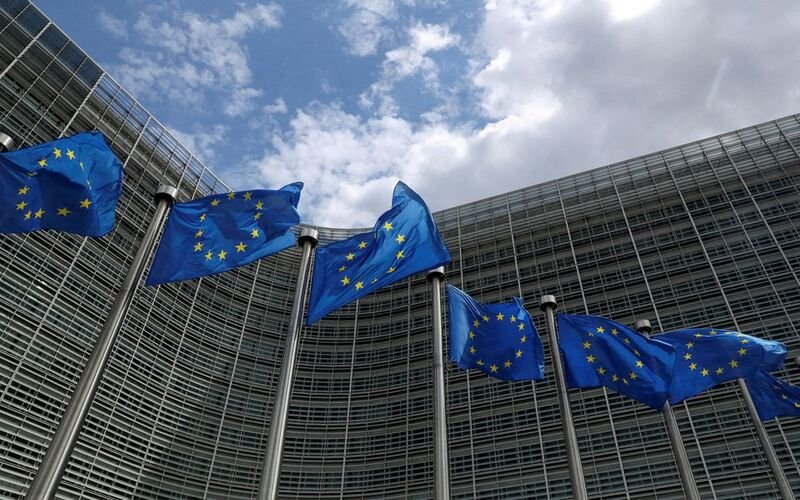On Tuesday, Europe’s top court ruled that antitrust regulators investigating Facebook owner Meta Platforms (META.O) can consider privacy violations.
Meta challenged the German antitrust office’s 2019 directive that the social media giant stop collecting users’ data without authorization, alleging it abused market dominance.
The Luxembourg-based Court of Justice of the European Union (CJEU) examined whether the German antitrust agency overstepped its authority by utilizing its antitrust competence to handle data protection issues, which are the responsibility of national data protection authorities.
Meta, the owner of Facebook, Instagram, and WhatsApp, disputed the finding, requiring a German court to consult the CJEU.
Meta spokesperson: “We are evaluating the Court’s decision and will have more to say in due course.”
The CJEU stated that “it may be necessary for the competition authority of the member state concerned also to examine whether that undertaking’s conduct complies with rules other than those relating to competition law” during antitrust investigations.
The CJEU held antitrust regulators must “take into consideration any decision or investigation by the competent supervisory authority under that regulation.”
The German cartel office hailed the verdict.
Data determines market power. Andreas Mundt, its head, claimed that huge internet corporations’ exploitation of users’ data could violate antitrust laws.
Thomas Graf, a partner at Cleary Gottlieb, was more wary about antitrust authorities examining privacy law.
“You still need to explain why it is relevant for antitrust law, demonstrate restrictive effects and abuse, and they will need to coordinate with the GDPR authorities,” he said.
The EU’s General Data Protection Regulation (GDPR) requires organizations that target or collect EU data to comply with privacy and security laws.
“Will antitrust authorities regulate GDPR? Graf disagreed.
The European Consumer Organisation (BEUC) applauded the ruling: “In a complex digitalised economy, more than ever we need authorities to think outside the box and to consider data protection,” said BEUC Deputy Director General Ursula Pachl.
C-252/21 Meta Platforms and others (Social network user conditions).







































Comment Template